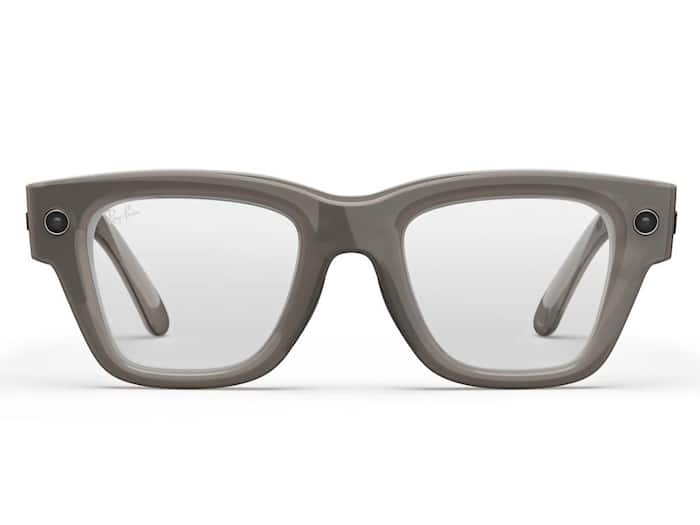
Written By Shubham Arora
Published By: Shubham Arora | Published: Oct 03, 2025, 08:58 PM (IST)

Apple is quietly reshaping its augmented reality plans. As per a Bloomberg report, the company has shelved work on a lighter and cheaper version of the Apple Vision Pro (or Apple Vision Air) and is instead putting more energy into developing its first pair of smart glasses. The move seems aimed at catching up with Meta, which is already building momentum in this space. Also Read: iPhone 18 Pro, iPhone 18 Pro Max upgrades tipped: Smaller Dynamic Island, 2nm chip, bigger battery
The affordable Vision Pro variant was earlier tipped for a 2027 launch. But instead of spending years refining that device, Apple has chosen to accelerate its smart glasses project. Bloomberg says Apple sees these as a direct rival to Meta’s Ray-Ban AI glasses, which have already crossed 2 million sales globally. Also Read: Satellite internet on iPhones? iPhone 18 Pro leak suggests big upgrade
Industry analyst Ming-Chi Kuo had previously mapped Apple’s lineup: a new M5 Vision Pro in 2025, second-gen Vision Pro in 2028, and Apple Glasses in 2027. Bloomberg’s latest update, however, suggests timelines could shift as CEO Tim Cook has reportedly made the glasses project a top priority. Also Read: Apple’s sixth India store to open in Borivali this February: All details here
The first model, internally known as N50, will reportedly connect to an iPhone and won’t have its own display. Apple may show this as soon as next year, with a wider rollout expected in 2027. Another pair of smart glasses – this time with a built-in display – are also in the works and may arrive by 2028.
Apple’s glasses are said to lean heavily on voice interaction and AI features, echoing Meta’s approach. They will run on a new chip, come in different styles, and could even include health-related functions.
For Apple, the shift signals a change in strategy. Instead of only doubling down on the high-end Vision Pro, the company seems determined to carve out a share of the everyday wearable market – where Meta has taken an early lead.